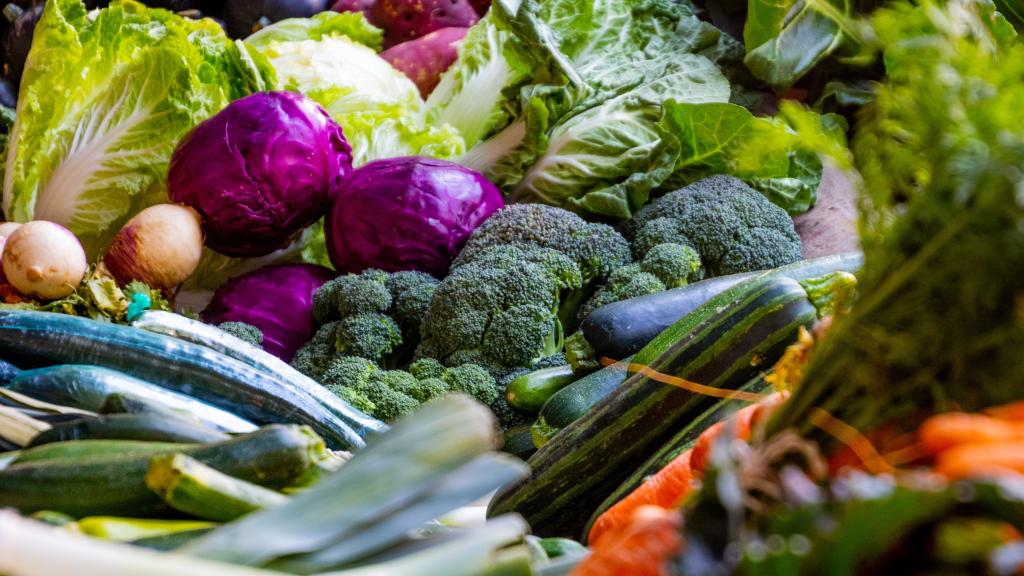
Tips on eating well while cocooning
University College Cork dietitian Dr Aoife Ryan outlines how patients with cancer can continue to eat well while cocooning.
University College Cork dietitian Dr Aoife Ryan outlines how patients with cancer can continue to eat well while cocooning.
Many patients with cancer are being advised to cocoon due to coronavirus. This means they cannot shop for food.
Furthermore, many patients can have severe fatigue that makes cooking a difficult task, and the smell of cooking can bring on nausea for some.
Family, friends and neighbours can provide a big help by delivering nourishing meals which are portioned so they can be frozen and reheated at a later date.
If you are caring for someone on cancer treatment including chemotherapy, please be mindful that their nutritional needs are different to healthy people.
Patients with cancer can lose large amounts of muscle mass very quickly. Severe muscle loss (sarcopenia) affects more than two in five patients with cancer. This is important because muscle loss leads to poorer tolerance of chemotherapy, impacts negatively on quality of life and severe muscle loss can shorten survival.
To slow muscle loss it is important that patients eat enough food to meet their needs, and enough protein especially. Foods which are high in protein are:
- meat
- chicken
- fish
- eggs
- milk
- cheese
- nuts and pulse vegetables such as peas, beans and lentils.
About half of all patients with cancer experience poor appetite. This means they do not feel hungry and when they eat, they often feel full very quickly. Small amounts of food taken every two to three hours are key to improving intake – small nourishing meals and snacks, such as the options included in this HSE cookbook.
Click here for a helpful HSE leaflet on how to make the most of every bite. This guide to high-protein, high-calorie meals for someone with a poor appetite and weight loss is a great source of information, and contains a range of nourish drinks and high-protein soups for anyone put off at the smell of food cooking or the sight of it on a plate.
Cocooning also means that patients with cancer can’t go out to exercise. Sitting and lying down a lot at home can worsen muscle loss. Click here to see some great home exercises developed by Prof Anna Campbell which have been developed specifically for patients on cancer treatment.
Please remember to always take protective measures when in contact with anyone who is cocooning, and do not enter their home unless absolutely necessary.
Visit our page on cocooning for a list of precautions you should take. You can also click on the tabs below for specific resources on cooking for different groups
Swallowing difficulties
If you are caring for someone with cancer of the oesophagus, neck, mouth or throat they may have swallowing difficulties. Here is a free cookbook developed at UCC which gives ideas on nourishing texture-modified meals you can prepare: Eating Well with Swallowing Difficulties in Cancer. The fortified soup section is particularly useful for batch-freezing meals.
Pancreatic cancer
Patients with pancreatic cancer can experience the most severe forms of malnutrition (rapid weight loss and muscle loss). A free cookbook specifically for this group is available at this link: Nourishing your Body During Pancreatic Cancer Treatment.
Cancer survivors and healthy eating diets
For cancer survivors who are finished treatment, or who are on treatment but have been advised by their medical team to follow a healthy eating diet, please see a free healthy eating cookbook at this link: Healthy Eating for Cancer Survivors.
This book has over 50 healthy eating recipes which are suitable for all the family. They are high in fibre, low in energy, fat and salt, and this book is endorsed by the National Cancer Control Programme.
Sip feeds
If the person you are caring for has been prescribed oral nutritional supplements (sip feeds) which are available through your pharmacy it is important to continue these. Patients with cancer may benefit from these if they:
- find it a struggle to eat normal foods
- have difficulty swallowing
- have lost weight unintentionally
- are unable to cook at this time and don’t have family around to cook for them.
This leaflet from the HSE may be useful: How to use Oral Nutritional Supplements.
Tube feeding
For patients with cancer on home tube feeding (PEG feeds, Jej feeds or nasogastric feeds) please continue to liaise with your oncology dietitian. If you don’t have their direct number, phone the hospital switchboard and ask the operator to put you through. Dietitians can help with feed tolerance, hydration, bowel issues (constipation or diarrhoea), blocked tubes, displaced tubes and more.
Patients with cancer should try to avoid going to hospitals or GPs except where absolutely necessary and for appointments, so a lot of problems can be sorted out by simply calling your dietitian.
For more information
Phone
Freephone 1800 200 700

